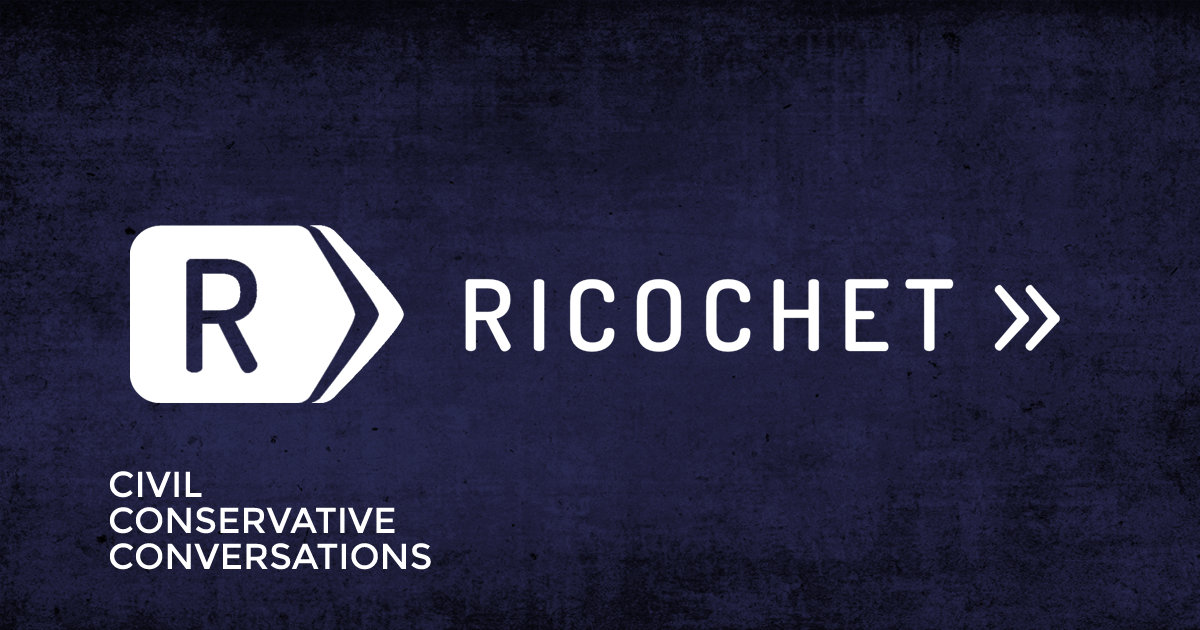
“In the end, a college degree is either valuable or it isn’t. If it’s valuable, it will pay for itself. If it’s not valuable, no one should pay for it. Either way, there’s no reason for the government to be involved in higher education. The more involved it does get, the worse the problem becomes.” — Antony Davies
If one could graph the decline of the institutes of higher education in this country, it would follow a curve inverse to the level of government involvement in academia. I am not talking about the 19th-century land grant schools created by the Morell Act. Yes, state and federal governments established colleges and funded them over the next 100 years, but it was a period of benign neglect. The government pretty well let the institutions run themselves.
Those schools were also subject to market forces. If they produced an inferior product, customers (students) found another school to attend. (Or skipped college. Many highly successful people led productive careers absent a university degree, including intellectuals like H. L. Mencken.) Even the GI Bill did not change universities. It just made a higher education available to millions who otherwise would not have had the opportunity to attend. It increased the pool of consumers, but not the high-quality product offered.
The change started with Sputnik in 1957 and went fully into the weird with the 1971 Supreme Court’s Griggs v. Duke Power Co. decision. The former created the illusion the West had fallen behind the Soviet Union in science and technology. The solution was for the federal government to Do Something about it. That something involved fostering what is now called STEM education and funding scientific research.
The problem? It decoupled science from the market and made it the handmaiden of the federal government. A federal government run by bureaucrats and politicians. The results were predictable: a thousand Trofim Lysenkos bloomed throughout academia in the 1960s and early 1970s. These were individuals whose real skills lay not in their ability to do research but to please their government paymasters: who were politicians and bureaucrats, not scientists. The Golden Rule, in this case, is “he that has the gold makes the rules.”
At the time, these Lysenkos were still low in the academic hierarchy, so the system still worked well through the 1960s and early 1970s (when I began my college education in 1973). Their influence would continue to grow, however, and throughout the 197os and 1980s, scientific crackpottery began to infect our universities. (Remember the hole in the ozone? The new ice age? Acid rain? All the stuff that was supposed to kill us by 2000 and didn’t? Scientific crackpottery.)
Then in 1971, Griggs compounded the problem. The Supreme Court barred the use of competency tests by businesses but permitted the substitution of academic degrees as job qualifications. That made a baccalaureate virtually a requirement for a worthwhile job. It also disconnected the degree from the marketplace. The value of the degree mattered less than its possession. A BS or BA — even one that provided no worthwhile skills — became the ticket to the good life.
It is a whole lot easier to provide a worthless education than a worthwhile one. The next 50 years saw a proliferation of junk “studies” degrees and a general dilution of academic standards throughout academia. There have been holdouts, most notably in engineering and medicine. Reality intervenes with bridges, buildings, and surgeries. Woke doesn’t keep the bridge standing or the patient alive. Even these are beginning to get corrupted, however, and soon fealty to the Woke mantra will be the key to getting the required degree to practice in these fields. Bridges and buildings will collapse and people will die, but that’s a small price to pay for academic conformity.
Another outcome of Griggs was to divorce the price of an education from its value. Tuitions began to rise. Relentlessly. When I got my BS in engineering in 1979, I recaptured the entire cost of that education — tuition, books, housing, fees — by the salary I earned in the first nine months as an engineer. When my middle son got his BS in civil engineering in 2011, it took him three years’ salary to recapture that cost, four times as much. Without that ticket, you have no career. The degree has become the equivalent of something specifically barred in the Constitution: a patent of nobility.
Is there a way out? I doubt it. To do so would require making education a competitive market again, as it was in the first half of the 20th century. The first step would be to overturn Griggs, now well past its usefulness. The next would be to get government, especially the federal government, out of funding general research and financing student loans.
It is not going to happen, at least not with a soft landing. As Stein’s Law states: What cannot go on forever will not go on forever. Stein’s Law does not state that when it stops, the process will be painless.
Published in Group WritingThanks for reading Quote of the Day: A College Degree - Ricochet.com. Please share...!

0 Comment for "Quote of the Day: A College Degree - Ricochet.com"